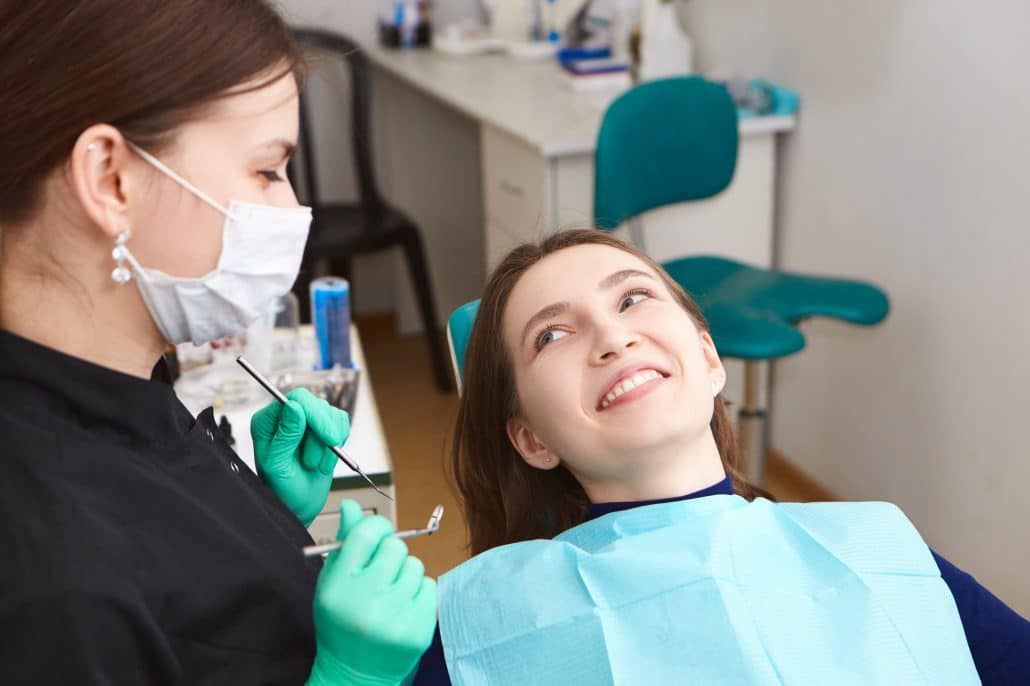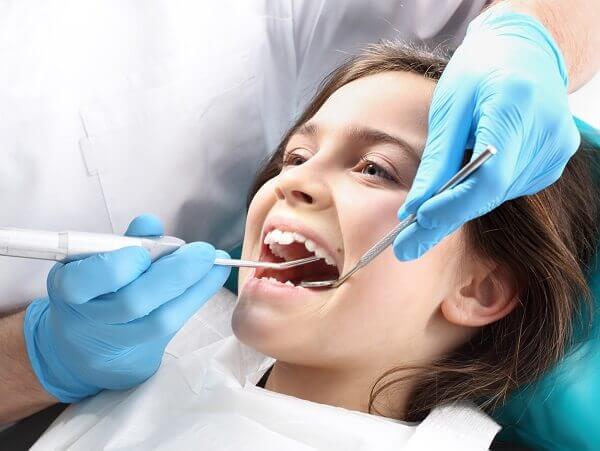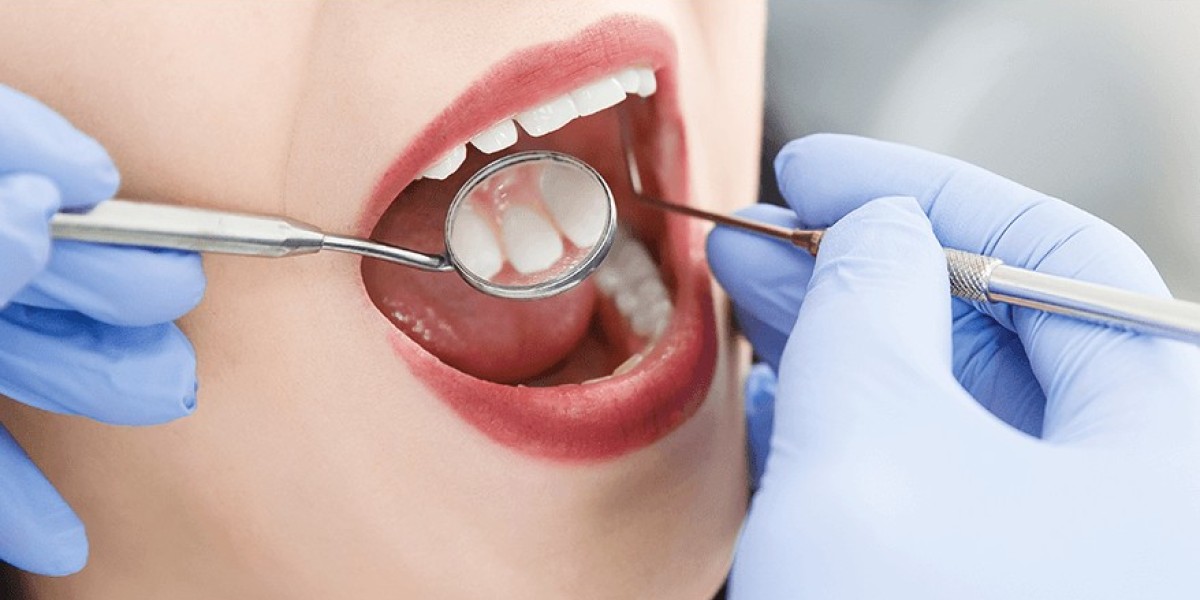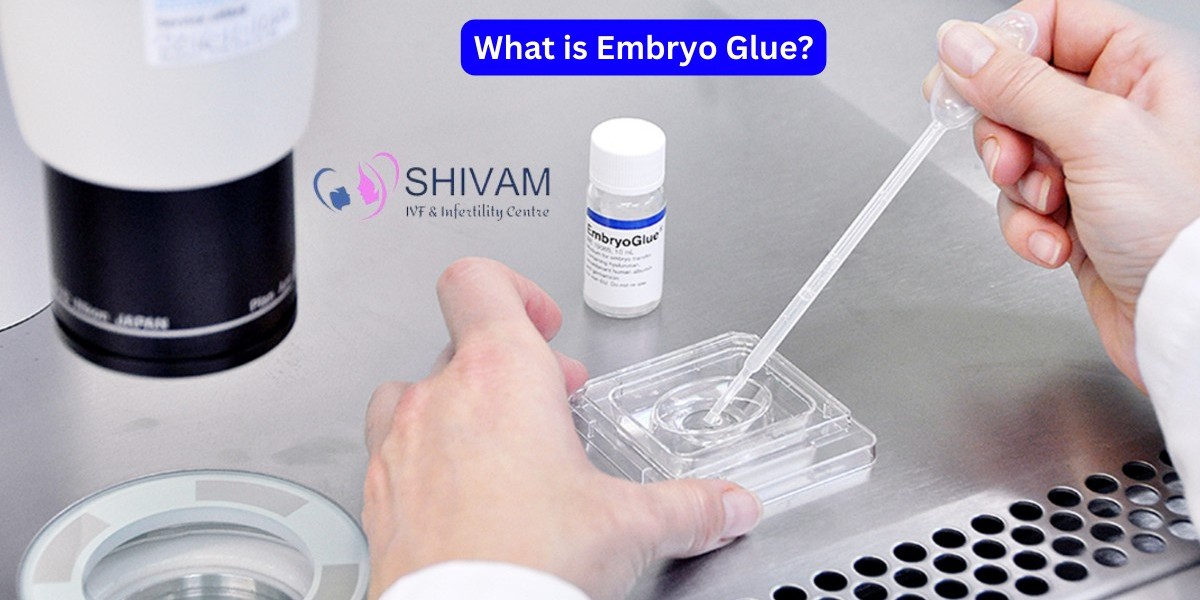Embarking on a journey towards a healthcare career is an admirable pursuit, but the question often arises: which path is smoother, MBBS or BDS? Aspiring students ponder over this dilemma, seeking clarity on the ease of pursuing either a Bachelor of Medicine, Bachelor of Surgery (MBBS), or a Bachelor of Dental Surgery (BDS) degree. Let's unravel the mysteries surrounding these esteemed professions, shedding light on their respective program structures, curricula, and the journey they entail.
Understanding BDS: Bachelor of Dental Surgery
What is BDS?
Bachelor of Dental Surgery (BDS) is a professional undergraduate program focused on dental health and surgery. It equips students with the knowledge and skills necessary for diagnosing, preventing, and treating oral diseases.
BDS Degree
BDS encompasses a rigorous curriculum covering various aspects of dental science, including anatomy, physiology, pathology, dental materials, and clinical dentistry.
The degree typically spans over five years, including both theoretical learning and practical training in dental clinics.
Graduates of BDS programs are qualified to practice dentistry independently or pursue further specialization through postgraduate studies.
Comparing MBBS and BDS: Program Structure
Duration of Study
MBBS programs generally span five to six years, including an internship period.
In contrast, BDS programs usually last for five years, providing a focused education on dental health and surgery.
Curriculum Focus
MBBS curriculum covers a wide range of medical subjects, including anatomy, physiology, pharmacology, pathology, and clinical rotations in various medical specialties.
BDS curriculum, while also encompassing foundational medical sciences, emphasizes dental subjects such as oral pathology, periodontology, prosthodontics, and endodontics.

Exploring the BDS Curriculum in Depth
Core Subjects in BDS
Oral Anatomy and Physiology
Understanding the structure and function of oral tissues and organs.
Oral Pathology
Diagnosis and treatment of oral diseases and conditions.
Periodontology
Study of the structures supporting teeth and their diseases.
Prosthodontics
Restoring and replacing missing teeth with artificial appliances.
Endodontics
Treatment of dental pulp and related diseases.
Clinical Training
BDS programs incorporate extensive clinical training, allowing students to gain hands-on experience in dental procedures under supervision.
Clinical rotations in dental clinics enable students to apply theoretical knowledge to real-life patient care scenarios, honing their practical skills and clinical judgment.
Is BDS Easier than MBBS?
Complexity of Subject Matter
While BDS focuses specifically on dental sciences, it is by no means easier than MBBS. Both programs require dedication, hard work, and a strong foundation in science.
The intricacies of dental anatomy, oral pathology, and surgical techniques present unique challenges that demand critical thinking and problem-solving skills.
Clinical Challenges
BDS students face the responsibility of providing dental care to patients, requiring precision, empathy, and effective communication skills.
Performing intricate dental procedures and surgeries demands meticulous attention to detail and manual dexterity, making BDS training intellectually and physically demanding.

Passion and Purpose
Success in BDS, much like in MBBS, hinges on a passion for the field and a genuine desire to make a difference in patients' lives.
Embracing the challenges of dental education with a positive attitude and a commitment to continuous learning is key to excelling in the profession.
Professional Growth and Opportunities
Graduates of BDS programs have diverse career opportunities, including private practice, academic research, public health initiatives, and specialization in areas such as orthodontics, oral surgery, or pediatric dentistry.
Continuing education and professional development are integral to staying abreast of advancements in dental science and technology, ensuring optimal patient care and professional growth.
Conclusion
In the pursuit of a fulfilling healthcare career, whether through MBBS or BDS, the journey is marked by challenges, triumphs, and endless growth opportunities. While BDS offers a specialized focus on dental health and surgery, it is no less demanding than its medical counterpart. Both paths require dedication, resilience, and a genuine passion for serving others. Aspiring healthcare professionals must weigh their interests, strengths, and career goals to choose the path that resonates most with their aspirations. Ultimately, whether one chooses to embark on the path of dentistry or medicine, the journey is rich with experiences that shape not only professional competence but also personal growth and fulfillment. Read more here!



